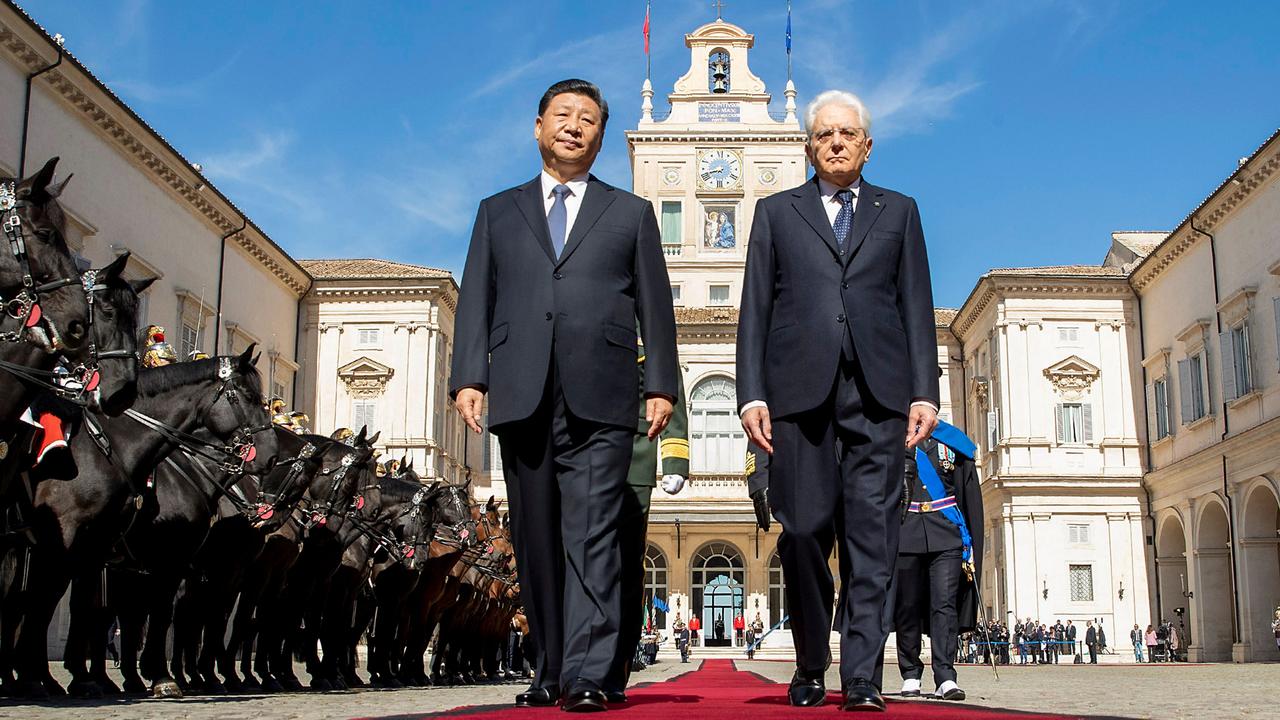
But this time, the nation may be in a better position to take action since it is forging closer links with its Chinese counterpart — the world’s leading internet censor.
This relationship is bearing more fruit as Port Moresby prepares to host the annual Asia-Pacific Economic Co-operation forum leaders’ summit in November.
After Australia, China is providing the greatest support to PNG to stage this massive event, which will bring President Xi Jinping to the country to sign a series of agreements.
Discussion has already begun towards the prospect of negotiating a free-trade agreement between PNG and China, reinforcing a relationship that is highlighted by a $4.6 billion concessional credit line already made available by China for PNG.
Canberra is paying $200 million to build a high-speed telecommunications cable to Australia from PNG and Solomon Islands — after China’s leading telco hardware corporation Huawei had agreed to do so.
Huawei has played a prime role in the development of PNG’s communications in recent years.
Five years ago, it agreed to integrate data used by all government agencies, and to establish an online processing capacity for state documents ranging from passports to tax files and commercial contracts.
It has installed equipment at key hubs such as telephone exchanges, police headquarters, Port Moresby airport and the headquarters of state monopoly telco Telikom PNG.
Huawei has also been contracted to roll out the first stages of a national broadband network — a role from which it was banned in Australia by the previous Labor federal government.
Another large Chinese telecom equipment maker, ZTE, struck a $300m deal in partnership with China Great Wall Industry Corp to develop a new PNG telecommunications satellite. But it appears the satellite has yet to be launched.
The internet was launched in PNG on March 12, 1997. By 2014, when users were last surveyed, only about 10 per cent of the country’s eight million people had access, compared with the half who now have access to mobile phones as a result of the drive by Irish company Digicel.
This online community in PNG, however, includes a disproportionate number of people who consistently post material highly critical — sometimes defamatory — of leading figures in the government, including Prime Minister Peter O’Neill.
Communications Minister Sam Basil, who has foreshadowed the Facebook crackdown, was an early adopter in the energetic use of the platform to develop a political support group online — including when he was a leader of the opposition to Mr O’Neill.
The government plays the leading role in PNG’s media industry beyond the country’s often critical newspapers, with state-owned Telikom having bought EM TV, and with public broadcaster NBC retaining the biggest radio audience.
Beijing has for many years banned access to Facebook, Google, Twitter and YouTube, and it might consider, on request, providing equipment or training to install a smaller version of the “Great Firewall of China” in a friendly developing country in the region such as PNG — or at least to explain how selected platforms could be removed.
The approach of the APEC summit, and Port Moresby’s desire to “clean up” dark and inconvenient areas of its internet before then, may provide the impetus finally to act, after years of irritation — especially from Facebook posts.




The Papua New Guinea government’s plan to ban Facebook — the platform favoured by vitriolic domestic critics — for a period is only the latest in a succession of threats to clamp down on internet use.